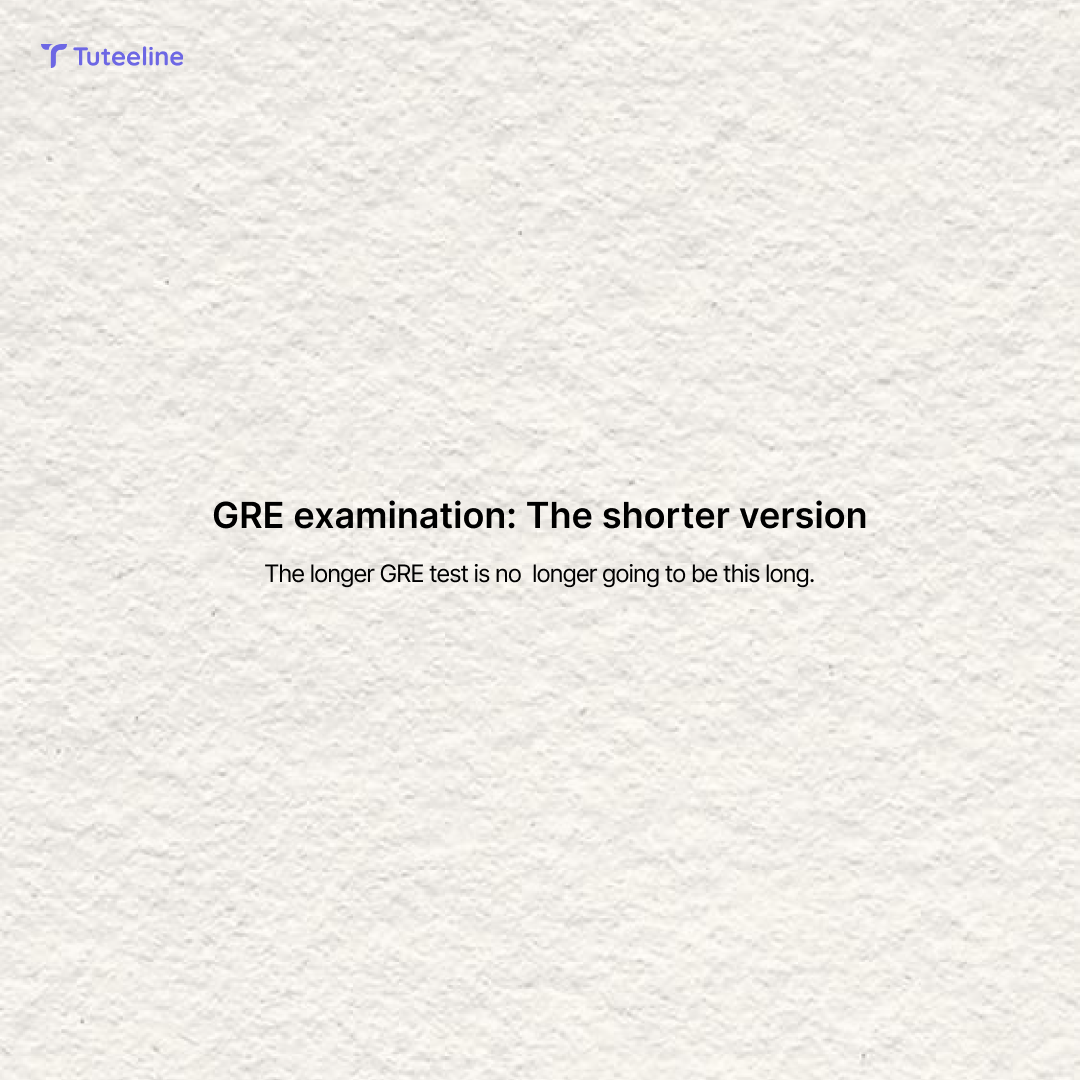The Graduate Record Examination, known as the GRE, is a standardized test that is frequently used to assess applicants for graduate and business schools all over the world, particularly in the United States. Its goal is to determine whether a student is prepared for graduate-level coursework. Admissions committees take into account the GRE results together with other application materials such as academic transcripts, letters of recommendation, and personal statements. It has long been a significant hurdle for students aspiring to pursue advanced degrees. However, recent rumblings suggest that the GRE's rules and role in the admissions process could be on the brink of transformation. Let's explore these potential changes and the implications they might have for aspiring graduate students. The GRE currently includes three sections: verbal reasoning, mathematical reasoning, and analytical writing, each of which has its own subsection. The exam lasts for 3 hours and 45 minutes, and it takes between 10 to 15 days for the results to be made public. However, it has recently been reported that the longer version of the GRE will be transformed into its shorter variant as of September 22, 2023. The examination will last an hour and 58 minutes in total. Will the examination Process remain the same? Yes, the GRE exam procedure will stay the same. All other requirements will remain the same, with the exception of the modification to the longer version of the exam. Why are they changing the GRE format? The GRE format was allegedly modified to make it simpler for students to take the test and submit their results to the institution. The GRE will also become less difficult, shorter, and physically and intellectually taxing. What are the changes we can see? It is clearly stated that the quantity of questions in the section on quantitative and verbal reasoning will be altered. The duty of analyzing an argument will no longer be included in the analytical writing section. Besides this, the unscored section, i.e experimental section, will also be removed.
|
Section Type |
Structure |
No. of questions |
Estimated time |
|---|---|---|---|
|
Analytical writing |
1 sections |
1 essay |
30 minutes |
|
Quantitative reasoning |
2 sections |
27 total questions |
47 minutes |
|
Verbal reasoning |
2 sections |
27 total questions |
41 minutes |







Leave a comment